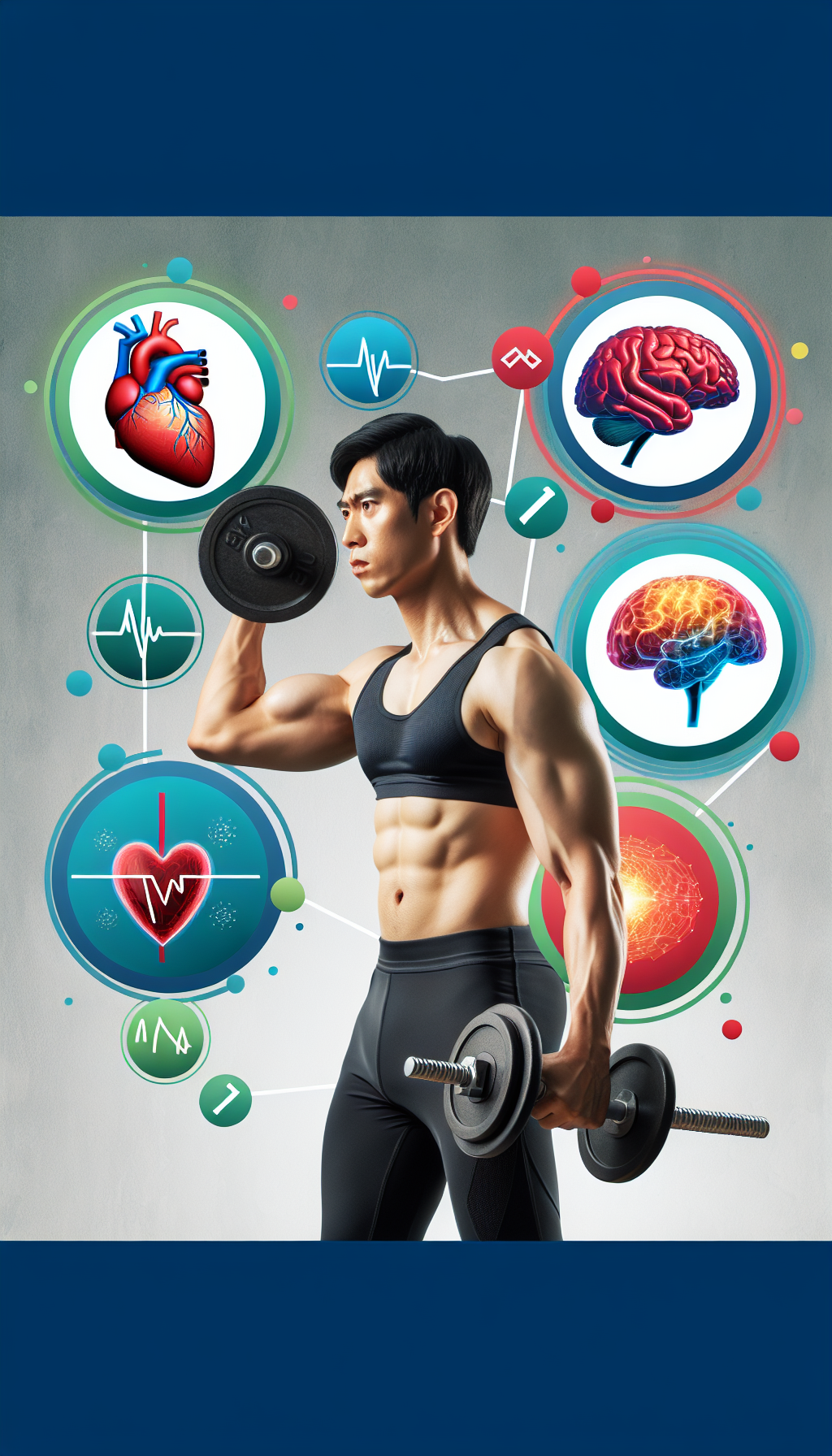The pursuit of optimal health is a multifaceted endeavor that extends beyond simple routines and into the complex interplay between our dietary choices, physical activity, and the use of dietary supplements. In this comprehensive exploration, we delve into how these three critical components—diet, exercise, and supplements—intersect to influence our overall well-being.
Diet: The Foundation of Health
At the core of our health lies our diet, the primary source of the nutrients necessary for the body to function correctly. A balanced diet rich in fruits, vegetables, lean proteins, whole grains, and healthy fats provides a broad spectrum of vitamins, minerals, and antioxidants that are essential for maintaining good health.
Every individual has unique nutritional needs, depending on factors like age, gender, health status, and activity level. For instance, athletes may require more protein to repair and build muscle, while someone with cardiovascular concerns might focus on a diet low in sodium and saturated fats. For those looking to enhance their bone health, a diet high in calcium and vitamin D is paramount, and resources like Avix Health’s Bone Health article can offer in-depth guidance.
Exercise: Enhancing Dietary Benefits
Physical activity is a powerful complement to a nutritious diet. Exercise not only helps in managing weight but also improves cardiovascular health, strengthens bones and muscles, boosts mental health, and enhances immune function.
Regular exercise prompts the body to use the nutrients from our diet more efficiently. For instance, weight-bearing exercises combined with adequate calcium intake work synergistically to improve bone density. Exercise-induced muscle contractions increase blood flow, which allows more nutrients to reach muscle tissues, aiding growth and recovery.
Supplements: Filling Nutritional Gaps
While a well-rounded diet should ideally provide all the necessary nutrients, certain circumstances may warrant the use of supplements. Supplements can fill nutritional gaps, support specific health needs, and enhance the benefits of diet and exercise.
Some individuals, such as vegans or older adults, might have difficulty obtaining enough vitamin B12 or vitamin D from their diet alone. In such cases, supplementation becomes crucial. Similarly, athletes or those engaged in intense physical training might benefit from protein powders or branched-chain amino acids (BCAAs) to support muscle recovery.
Crafting a Coordinated Approach
The key to maximizing the benefits of diet, exercise, and supplements is to craft a coordinated approach that considers the unique interactions and contributions of each component.
Personalized Nutrition
Understanding one’s specific dietary needs is the first step in creating a personalized nutrition plan. Nutritional supplements should be used judiciously, targeting specific deficiencies or health goals. For instance, an individual with iron-deficiency anemia would benefit from iron supplements, while someone looking to improve cognitive function might explore options like omega-3 fatty acids, as detailed in the Brain Health article.
Tailored Exercise Regimens
An exercise routine should be tailored to individual fitness levels and health objectives. For those focusing on cardiovascular health, a combination of aerobic and resistance exercises is recommended, which could be complemented by omega-3 supplements to support heart health. This concept is further elucidated in the article on Cardiovascular Health.
Synergy of Supplements and Exercise
Certain supplements can enhance the benefits of exercise. For example, creatine monohydrate is well-researched for its ability to improve strength and power output during resistance training. However, it’s essential to evaluate the efficacy and safety of supplements and to consider potential interactions with medications, as discussed in the article on Understanding Drug Interactions and How to Avoid Them.
External Resources for In-Depth Understanding
For those interested in diving deeper into the science behind these interactions, several high-quality resources can offer valuable insights:
-
Nutrient Timing: The International Society of Sports Nutrition offers a position stand on nutrient timing, providing evidence-based recommendations on how to synchronize dietary intake with exercise (ISSN).
-
Exercise and Bone Health: The National Institute of Arthritis and Musculoskeletal and Skin Diseases provides comprehensive information on how different types of exercise can impact bone health (NIAMS).
-
Supplement Safety: The Office of Dietary Supplements at the National Institutes of Health offers guidelines on supplement safety, including how to choose quality supplements and avoid interactions with medications (ODS).
By integrating these resources with the guidance provided by Avix Health articles, individuals can develop a well-rounded and informed approach to health optimization.
In conclusion, the intricate relationship between diet, exercise, and supplements is central to achieving and maintaining optimal health. A balanced diet provides the foundation, exercise builds upon it, and supplements can address specific health needs or deficiencies. By considering the unique needs of each individual and staying informed through reliable resources, a harmonious balance can be struck for lifelong health and vitality.



